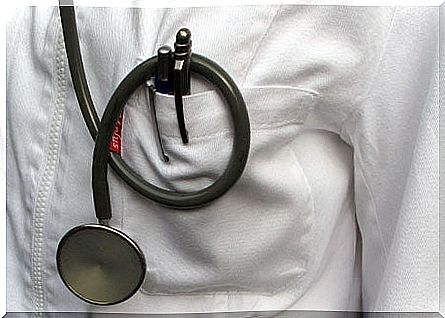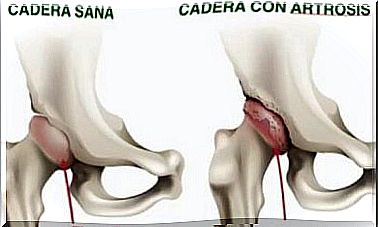Factitious Disorders, Those That Create Disease
Factitious disorders refer to when a person deliberately creates and exaggerates symptoms of a pathology, in order to receive medical attention and assume the role of sick person, not to receive a practical benefit, such as leaving before work or missing an appointment.
Although patients with this disorder know that they are making up their symptoms or illnesses, they may not recognize that they have a psychological problem.
Factitious disorder can also occur when family members or caregivers falsely state that others, such as children, are sick or injured.
It is a difficult disorder to identify and treat. Once diagnosed, medical and psychiatric help are essential to prevent serious consequences for possible injuries that the patient may self-inflict.
Factitious disorders and emotional problems
Factitious disorders are associated with other types of emotional or psychological problems, such as depression. The person who suffers from them is aware that he is causing himself or is faking the symptoms, but he cannot avoid it.

Patients with factitious disorders can also display strange personality disorders, thoughts, and behaviors. For example, difficulty to relate socially or pictures of unjustified rage or anger.
Also, patients often speak of their symptoms in an exacerbated and incoherent way. They usually lie pathologically to get the attention of their doctor and get certain treatments. In many cases they also demand medications such as painkillers and are irrationally angry if they do not achieve their goals.
Types of factitious disorders
1. With a predominance of physical symptoms
In this type of disorder the person refers to symptoms and physical illnesses. This subtype of factitious disorders includes Münchhausen syndrome. In this syndrome the predominant symptoms are of an apparent organic disease.
The affected person can simulate a supposed disease in a very convincing way, they can even have detailed information about the classic symptoms of that disease.
Sometimes patients can self-harm and cause pathology. They can cause serious conditions, even looking to go through a surgical intervention.
Some of the typical symptoms that people with this disorder present are:
- Anemias
- Vomiting
- Diarrhea
- Abscesses
- Convulsive crisis.
- Skin lesions
- Abdominal pain
- Self-caused infections.
- Fever of undetermined origin.
- Delayed wound healing.
- Supposed dizziness with loss of consciousness.

People who invent or provoke these types of symptoms try to satisfy their need for estimation. For this they are willing to undergo any type of test or medical examination. It is very common for these types of people to enter hospitals repeatedly. They even go from one hospital to another when they do not receive the desired care and lying in an exaggerated and dramatic way to get attention.
2. With a predominance of psychic symptoms
In this type of disorder, patients exhibit psychiatric symptoms. However, it often does not correspond to a characteristic pattern for any condition.
The complaints that these patients present most often are depressive disorders, suicidal ideas or other types of mental disorders. Likewise, when they receive treatment they usually do not progress as expected. Even your symptoms get worse when they know they are watching.
The general objective pursued by affected people is to assume the role of patient. Thus, they often complain of suffering dissociative disorders, post-traumatic stress, hallucinations or delusions, always from a negative perspective. Normally the clinical picture they present is incoherent and they do not agree with the characteristic symptoms of any pathology.
Diagnostic criteria
The psychological component of factitious disorders makes their diagnosis difficult. In addition, in general , the appropriate psychiatric personnel are not referred, which can worsen the evolution of the disease.
Another factor that makes diagnosis difficult is the pilgrimage of patients to various hospitals. Even more difficult when they are discovered since then they usually change doctors and hospitals.
Some of the useful criteria for diagnosing factitious disorder are:
- Intentional creation of symptoms of a pathology.
- Identification of any other symptoms of mental illness.
- The irrational need of the patient to receive attention and care.
- Identification of lies or contradictory and not very detailed explanations.
- Lack of external incentives for medical care (for example, collecting insurance or seeking sick leave).
Note
If you think that a loved one may be exaggerating or faking health problems, try having a friendly conversation with that person. Avoid anger, value judgments, and confrontations. Offer your support and affection and, if possible, help him seek treatment for this disorder.









